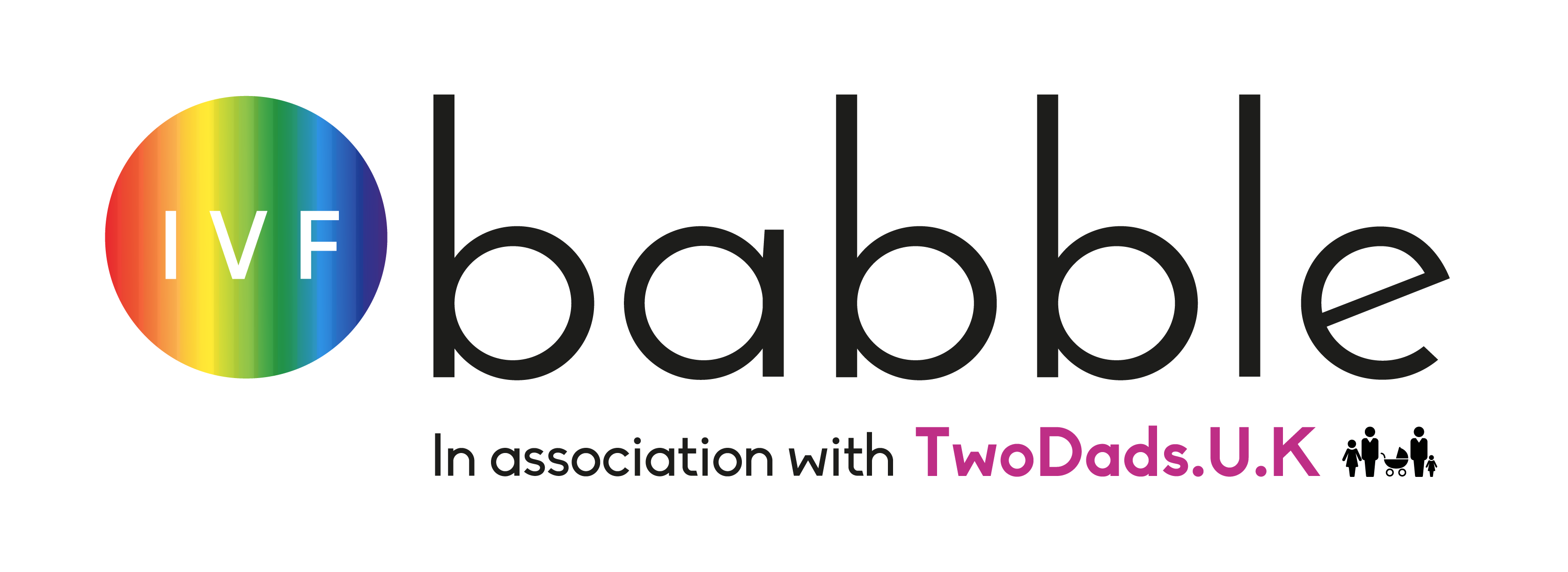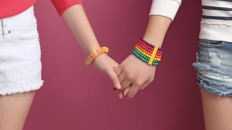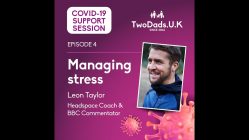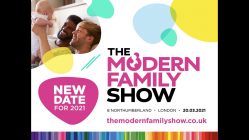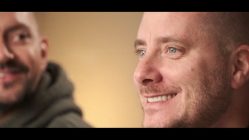For single mothers who used donor sperm to conceive, the questions come young
For instance, when Natasha Fox was in primary, she would ask her mum where herdaddy was around Father’s Day each year. Her mum would reply that they were a “mummy and daughter” family of two, and that suited Natasha, now 28, just fine.
“I never felt that anything was missing,” she says. “When people asked what my dad did, I’d explain I didn’t have one. Sometimes I’d say a doctor helped to make me, and then my mum had to clarify I wasn’t the outcome of an affair because assisted conception was so rare in those days.”
Carol, Natasha’s mum, decided to undergo IVF on her own after being diagnosed with ovarian cysts.
This was so rare back in 1990 that she was featured on the cover of her local newspapers.
“When my daughter asked about her dad, I told her about her donor, so I gave her the language to own her story,” She recalls.“I taught her that it was up to her what she wanted to share and that she didn’t have to justify anything.”
Of course, every child is unique, and they ask different questions at different ages. In Brighton, Sarah and her wife have an eight-year-old daughter called Louise. “When she was very small, she thought all men were daddies and would say ‘hi daddy’,” Sarah laughs. But she was open and honest with her daughter from the very beginning, and now Louise has met the sperm donor who helped give her life.
Sarah explains, “we introduced the fact she had a donor early. She met him a couple of years ago. I felt threatened that she might feel abandoned or become obsessed with him. But she’s been unfussed. Maybe it’s slightly easier with two of us: we’re very much her world, and she’s focused on us.”
Christelle Chamoutin had a different experience
Her son Etienne is nine years old, and he began asking about his donor(who Christelle had explained was a nice man who helped her) soon after starting nursery.
“He asked if the ‘nice man’ loved him. I explained that he didn’t know him, so couldn’t love him. Etienne is open to saying he doesn’t have a dad and answering questions. Once he told me that he wished he had a dad to talk to and do things together. We talked about it recently, and I asked if he was sad not to have a dad. He told me he used to be, but he’s okay now. Every time my heart breaks into little pieces, but I hide it.”
Olivia Montuschi is the co-founder of the Donor Conception Network charity. She advises that when children of donor sperm start to ask questions (which is usually around the age of two), they should be answered simply but honestly.
“Negative or sad responses need listening to rather than shutting down or being met with over-emphatic positive ones. Some mums have coached their children to say things like, ‘You don’t have to have a dad. My mum got some sperm from the hospital to make me.’ Others coach their children to refer any enquirer to them: ‘I don’t have a dad. You ask my mum.’”
UK laws used to prevent children conceived using donated genetic materials from contacting their donors when they turned eighteen. However, this changed in 2004, and now many do choose to establish some form of contact.
For Natasha, this is something she is very interested in pursuing, but she has had no luck finding her biological father
She did, however, find a genetic half-sister through a DNA website and is amazed at how much they share in common. If she does meet her father, she does not expect to have a ‘father-daughter’ relationship with him.
“I don’t expect him to consider himself my father, but a man who gave my mum a chance to have a family and live the life she wanted.”
